Five Sleep Hygiene Habits That Can Backfire
Others are reading now
We all know how much better we feel after a good night’s sleep. Science agrees. Sleep helps our heart, immune system, brain, and emotional wellbeing.
Because of this, many people want to improve their sleep. “Sleep hygiene” has become a popular strategy.
Sleep hygiene means habits and environmental factors that support sleep. This includes going to bed around the same time each day, limiting screen time before bed, and cutting down on caffeine, writes Videnskab.
Could Backfire
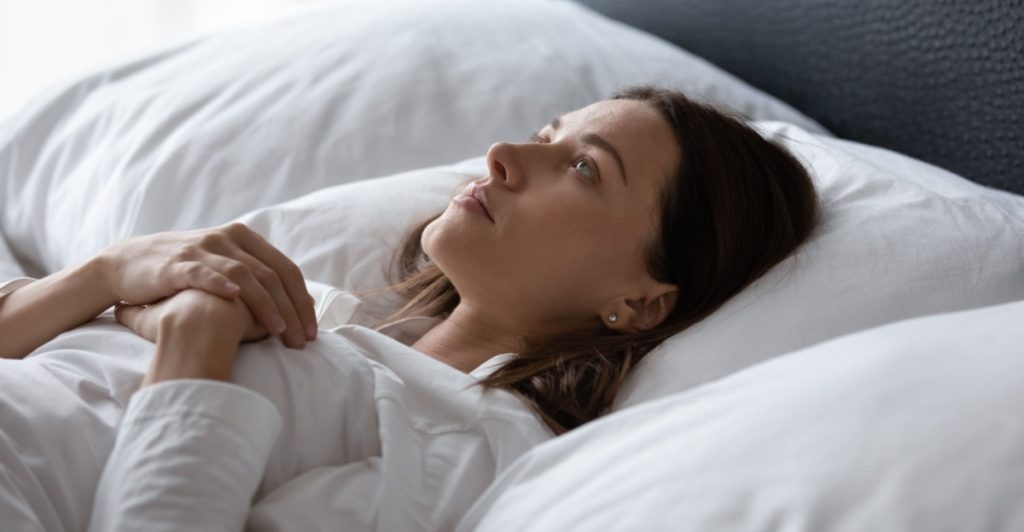
These tips work for healthy people, but they can backfire for those who struggle with insomnia. In some cases, following these rules can make sleep problems worse.
Here are five common sleep hygiene tips that might do more harm than good for people with insomnia.
Also read
Tip 1: Spending more time in bed
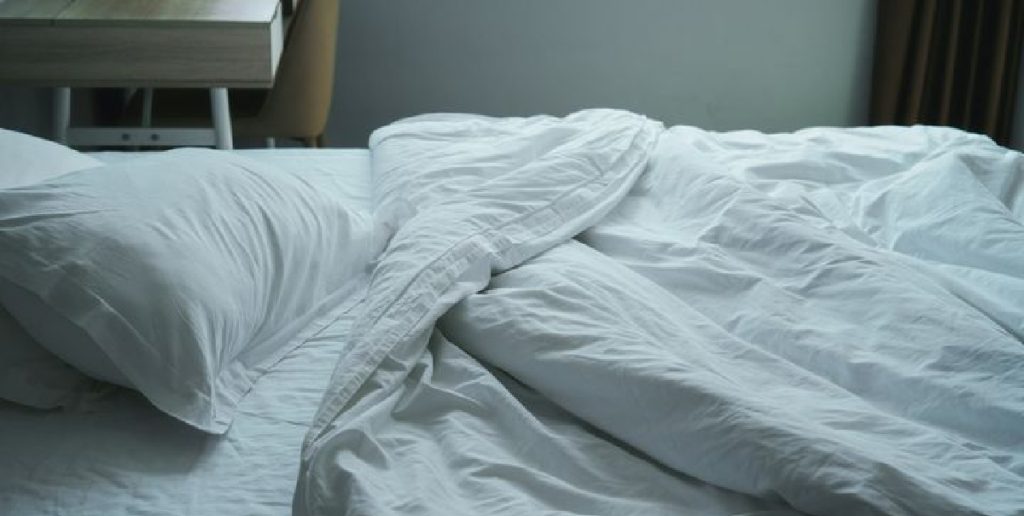
When sleep is hard to get, it’s tempting to go to bed earlier or stay in bed longer. This usually backfires.
Being awake in bed makes the mind associate the bed with frustration, not sleep. A better approach is to limit time in bed.
Go to bed a little later and get up at the same time every morning. This builds natural sleep pressure and restores the bed as a signal for sleep.
Tip 2: Avoid screens entirely
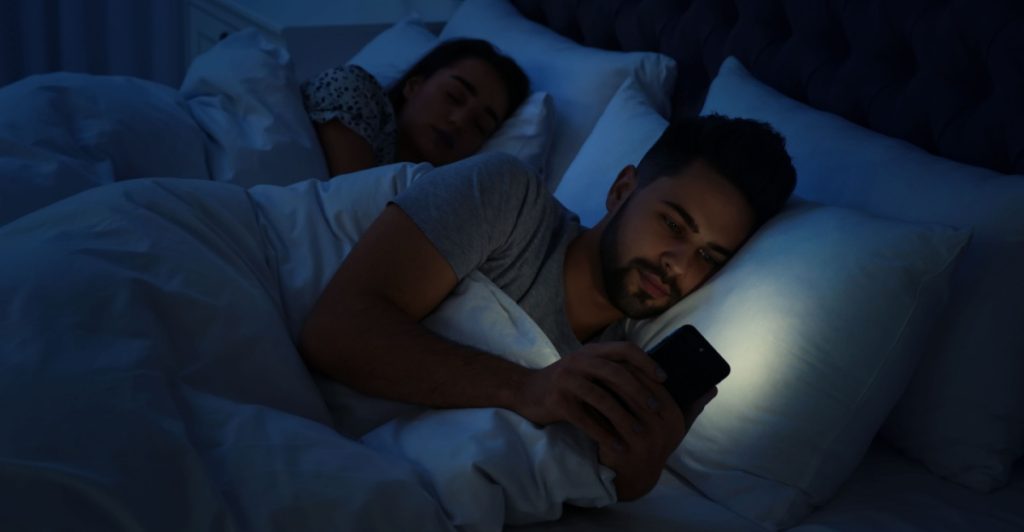
People are often told to stay away from screens before bed because of blue light. But lying awake in darkness can increase anxiety and overthinking.
Instead, use screens carefully. Choose calming content, enable night mode, and avoid endless scrolling. A quiet podcast or gentle documentary can help relax the mind.
Also read
Tip 3: Zero caffeine
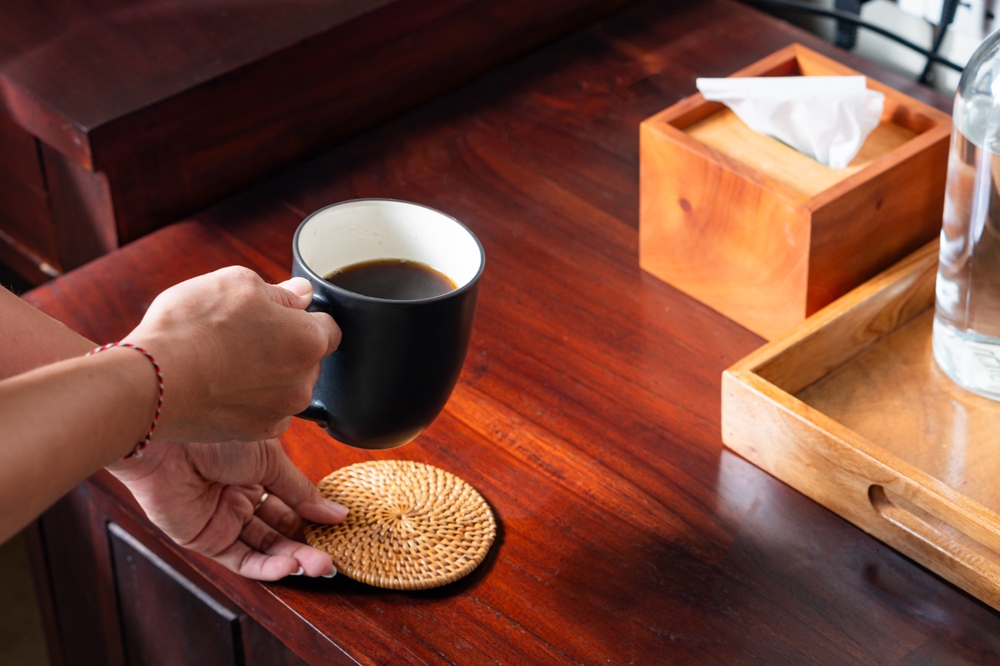
Caffeine blocks adenosine, a chemical that makes us sleepy. But not everyone processes caffeine the same way.
A morning cup may actually help some people wake up and maintain a healthy sleep rhythm. Avoid caffeine later in the day if sensitive, but it’s not always necessary to cut it out completely.
Tip 4: Trying to perfect sleep
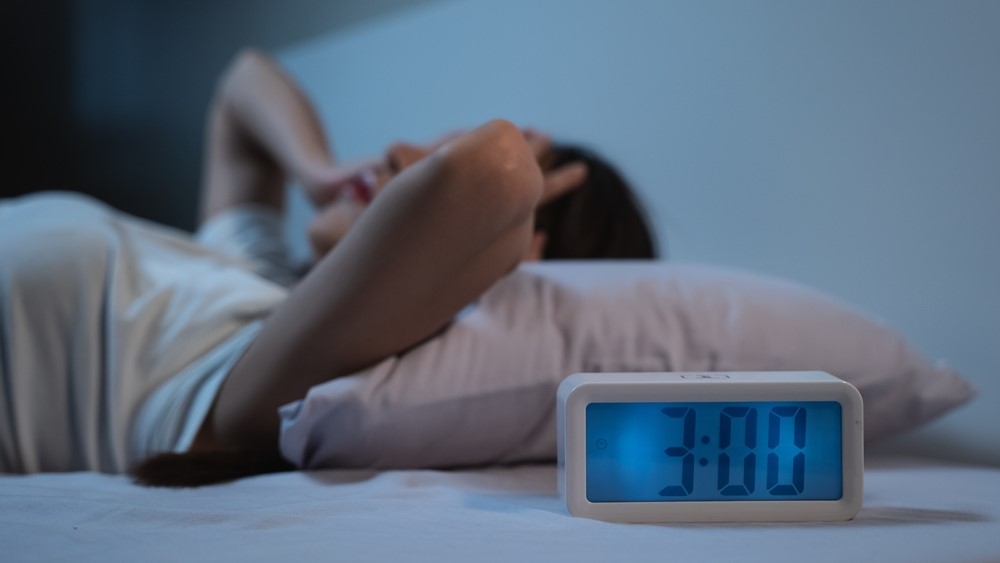
The sleep industry is huge, from trackers to special mattresses and sprays.
Focusing too much on “perfect sleep” can cause orthosomnia, where anxiety about sleep worsens the problem. Sleep is automatic. Healthy habits help, but you cannot force it.
Tip 5: Same amount of sleep every night
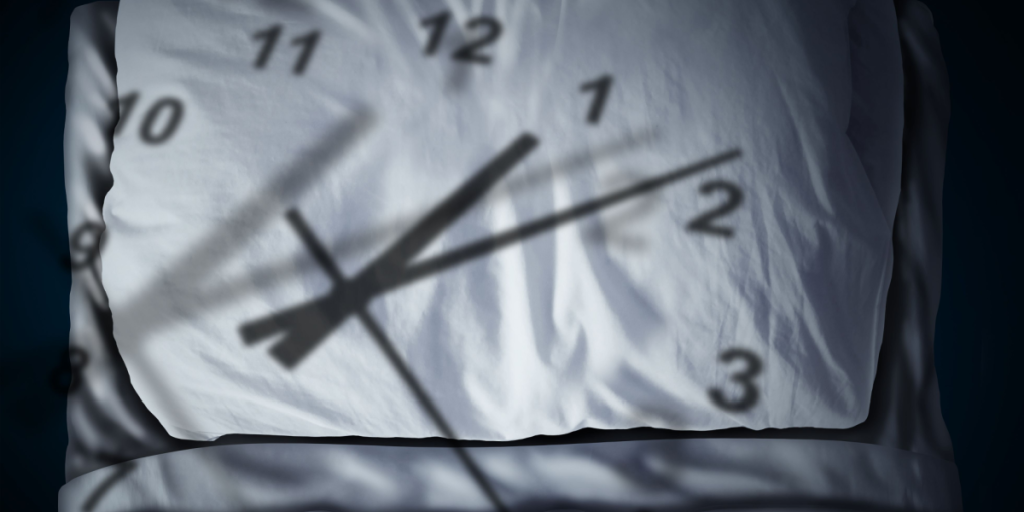
Sleep is dynamic. Stress, health, age, and life events affect it. Expecting the same hours every night creates unrealistic pressure. Some nights will be better than others, and that’s normal.
Also read
Insomnia is common, but it can be treated. Evidence-based therapies like cognitive behavioral therapy for insomnia (CBT-I) and certain new medications can help. Poor sleep is not your fault.


